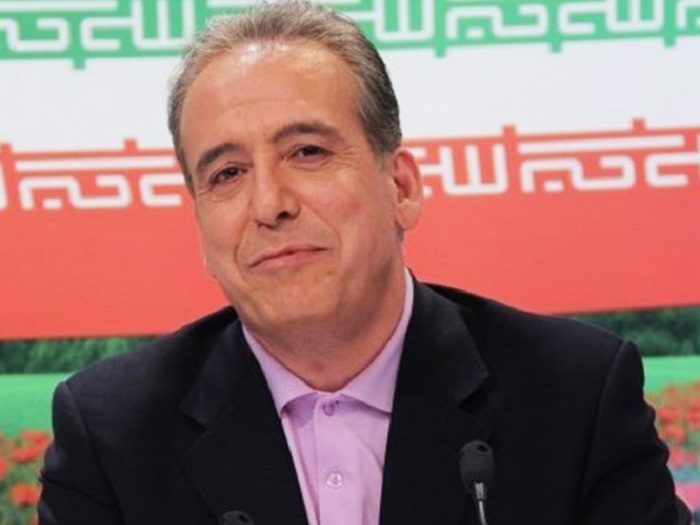Laws should not be cumbersome

Certainly, if our trade policies, especially in the cross-border sector, are to reduce regulations, reduce concessions, minimize guidelines and facilitate, we do not need to establish specialized customs for business development and successful business.
According to the International Iranian Stone Exhibition, the current economic situation and the problems that exist in the course of our foreign trade have led to the issue of specialized customs for the export of goods to some economic actors.
However, if we believe in free trade and today's view of the field, we will find that restrictive views have little place in today's trade and can not meet the demands of governments and businesses. Due to this issue, the customs ports in the country should also operate with a view to facilitating and accelerating the transfer of goods.
Therefore, the specialized segregation of different goods in this field can not be considered a positive move in business activities, and therefore many economic experts do not have a positive view of it. In fact, the creation of specialized enterprises causes restrictions in the field of trade, which is contrary to the goals of business and economic development. When you restrict goods that are only exported through one or more specific customs ports, this restriction will inevitably lead to its own problems. In fact, in order to make any decision in the field of trade, we must keep in mind that that decision will facilitate trade.
Of course, in this regard, measures can be considered that, for example, for the regions that produce certain goods, in addition to the existing customs conditions, a more specific customs can be created, which may be applicable to petrochemicals in Assaluyeh, but should not be done in this way. He said that anyone intending to export petrochemicals would have to use this customs.
In fact, our main problem in this area is not the creation of specialized customs, which affects exports and imports. The plan to create specialized customs is created due to the need for some traders to offer their export goods below the usual rate in foreign markets, and thus, in addition to creating currency for the country, they also ruin the global market for Iranian goods; But we must see what is the main source of this problem! When the legislature forces the importer to enter the country through the currency obtained from the export, the person who specializes in imports, in order to be able to carry out his work faster and to import the goods he wants, uses goods such as pistachios with It buys at a higher price than the producer and offers it at a lower price in foreign markets, compensating for this loss in its imported goods.
So this problem and the need for sectors like specialized customs arises because the legislature, instead of creating facilities, has placed restrictions on trade actors, and unfortunately we have made these mistakes over the last four decades, and each time after a few The year is broken, but we have not learned from it and we have repeated it after a while. Certainly, if our trade policies, especially in the cross-border sector, are to reduce regulations, reduce concessions, minimize guidelines and facilitate, we do not need to establish specialized customs for business development and successful business.
In this area, our conditions should be a facilitated free competitive environment with transparency so that all economic actors know their duty to the issue of trade and plan their path accordingly. Our markets abroad cannot be protected by legislation and restrictions such as specialized customs. Instead, we must prepare the ground for a competitive, free, and transparent trade, which, if these conditions govern our economy, will solve many of our problems in this area. Accordingly, many of the world's leading trade countries have now facilitated their activities and are trying to eliminate bottlenecks such as customs and tariffs from their trade equations by forming joint regional economic unions.
* Majid Reza Hariri - Expert and economic activist - Samat










